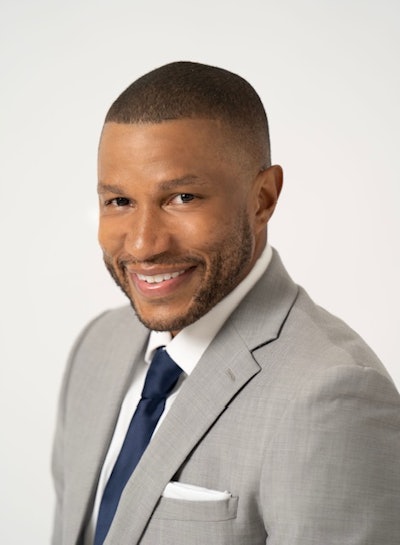The early learning sector plays a crucial role in shaping the foundation of children's education and future success. However, the shortage of qualified professionals poses significant challenges, hindering access to quality early learning programs and impeding economic growth. To address these issues, it is imperative to focus on building a thriving workforce through higher education. By equipping individuals with the necessary knowledge and skills, we can transform early learning into a vibrant industry that offers sustainable career opportunities. Dr. Marcus Bright
Dr. Marcus Bright
Access to high-quality early learning experiences is essential for children's cognitive, social, and emotional development. Numerous studies have shown that early interventions positively impact long-term educational outcomes, reduce achievement gaps, and even contribute to healthier communities. However, the demand for early learning programs has been consistently outpacing the supply, resulting in inadequate access for many families. Research suggests that the educational qualifications of pre-kindergarten teachers and the quality of their training significantly impact the effectiveness of early learning programs. Higher education institutions can focus on improving the quality of training provided to teachers, equipping them with the necessary skills to engage in complex language interactions with children.
Despite the importance of their role, early educators face low wages, with the national median worker earning just $13 an hour. This plays a key role inhibiting the recruitment and retention of skilled professionals. Research has shown that pay for early educators lag behind many other professions, highlighting the need for change. The existing early learning workforce faces other challenges as well, including limited professional development opportunities and a lack of recognition for their invaluable contributions.
Higher education institutions have a critical role to play in addressing these workforce challenges and elevating the status of early childhood development as a profession. By offering specialized degree programs, certifications, and professional development opportunities, these institutions can equip aspiring educators with the knowledge, skills, and competencies needed to excel in the field of early learning.
Creating pathways for individuals to pursue careers in early learning is essential for building a thriving workforce. Higher education institutions can collaborate with early learning centers, schools, and community organizations to establish practicum and internship programs that provide hands-on experience for students. These partnerships can facilitate the seamless transition from the classroom to the workplace, ensuring that educators are well-prepared to meet the diverse needs of young learners.
In addition to traditional higher education programs, it is crucial to explore innovative approaches to enhance workforce capacity in early learning. This includes promoting alternative credentialing options, such as micro-credentials and competency-based assessments, which recognize and validate specific skills and knowledge. Embracing technology-enabled learning platforms and virtual training opportunities can also expand access to professional development for educators, regardless of geographical constraints.
Expanding early learning workforce capacity through potential future legislation like the passage of a universal public option for early learning coverage would also pave the way for the creation of an enhanced economic industry. This industry can provide a multitude of living wage jobs, stimulating local economies and enhancing social mobility. Skilled early educators would be in high demand, opening up opportunities for career advancement and specialization within the field.
To truly transform early learning, it is vital to advocate for supportive policies and increased investments in the sector. This includes advocating for competitive salaries, comprehensive benefits, and career advancement opportunities for early learning professionals. Educators need the resources and support necessary to engage in continuous professional growth and to provide high-quality learning experiences for young children.
By investing in higher education programs, fostering partnerships, and advocating for supportive policies, we can ensure that all children have access to quality early learning experiences and that educators have the support and recognition they deserve. Together, we can create a future where early learning is prioritized, respected, and seen as a catalyst for individual success and societal well-being.
Dr. Marcus Bright is an author and social impact professional.



















